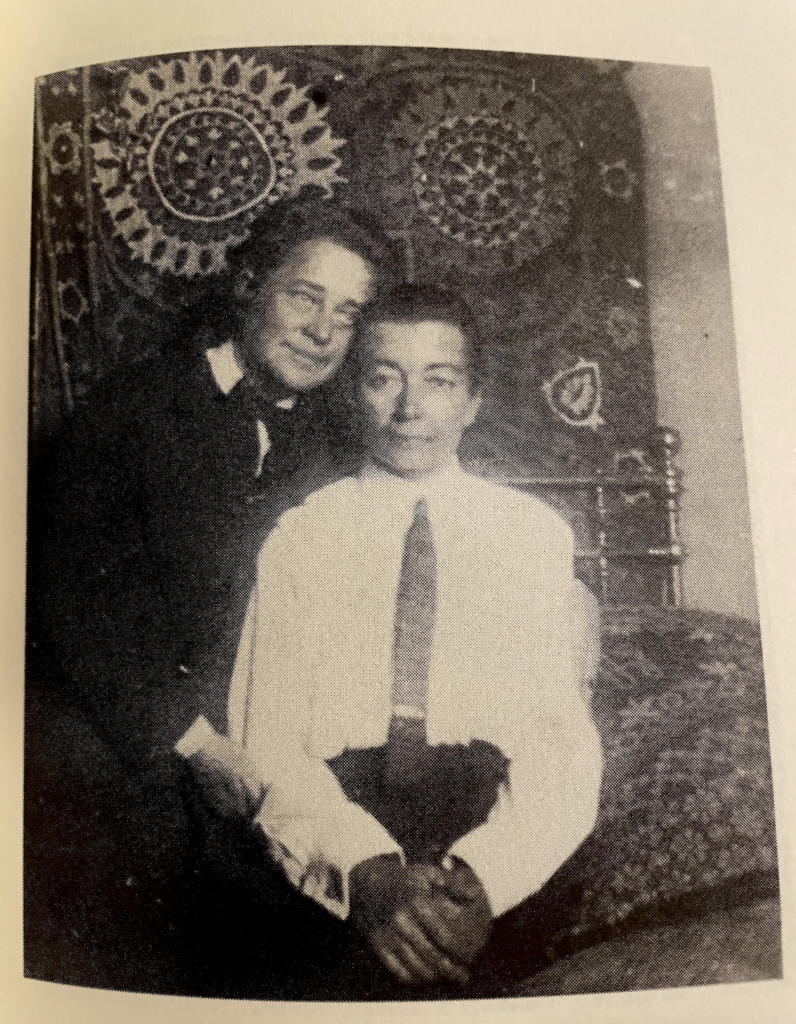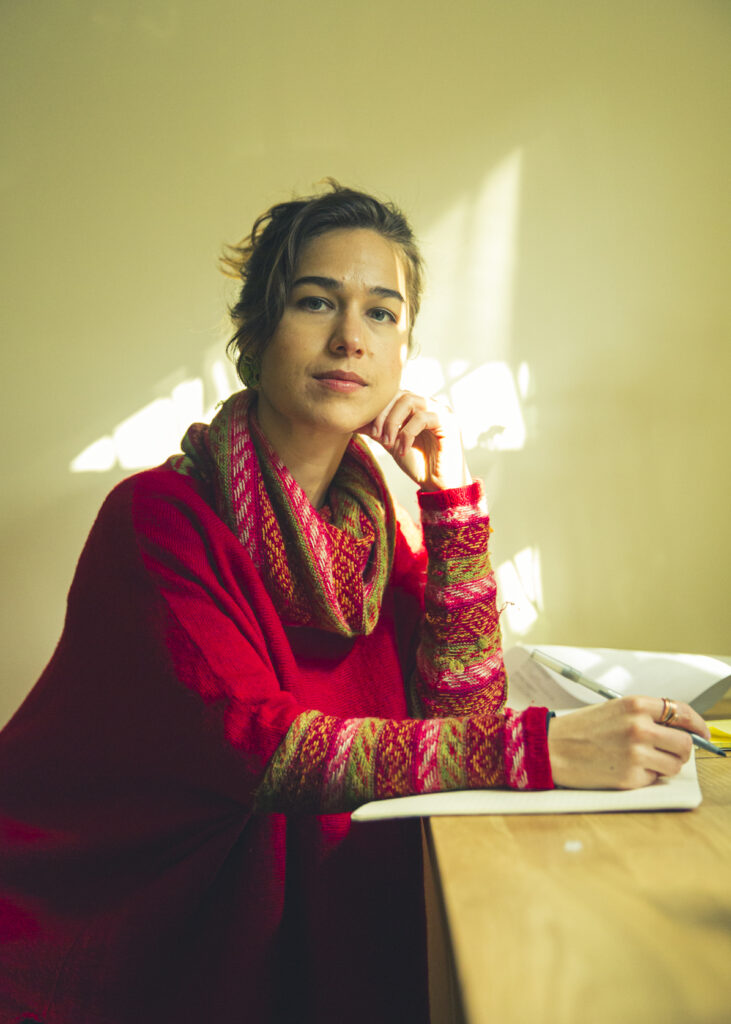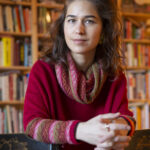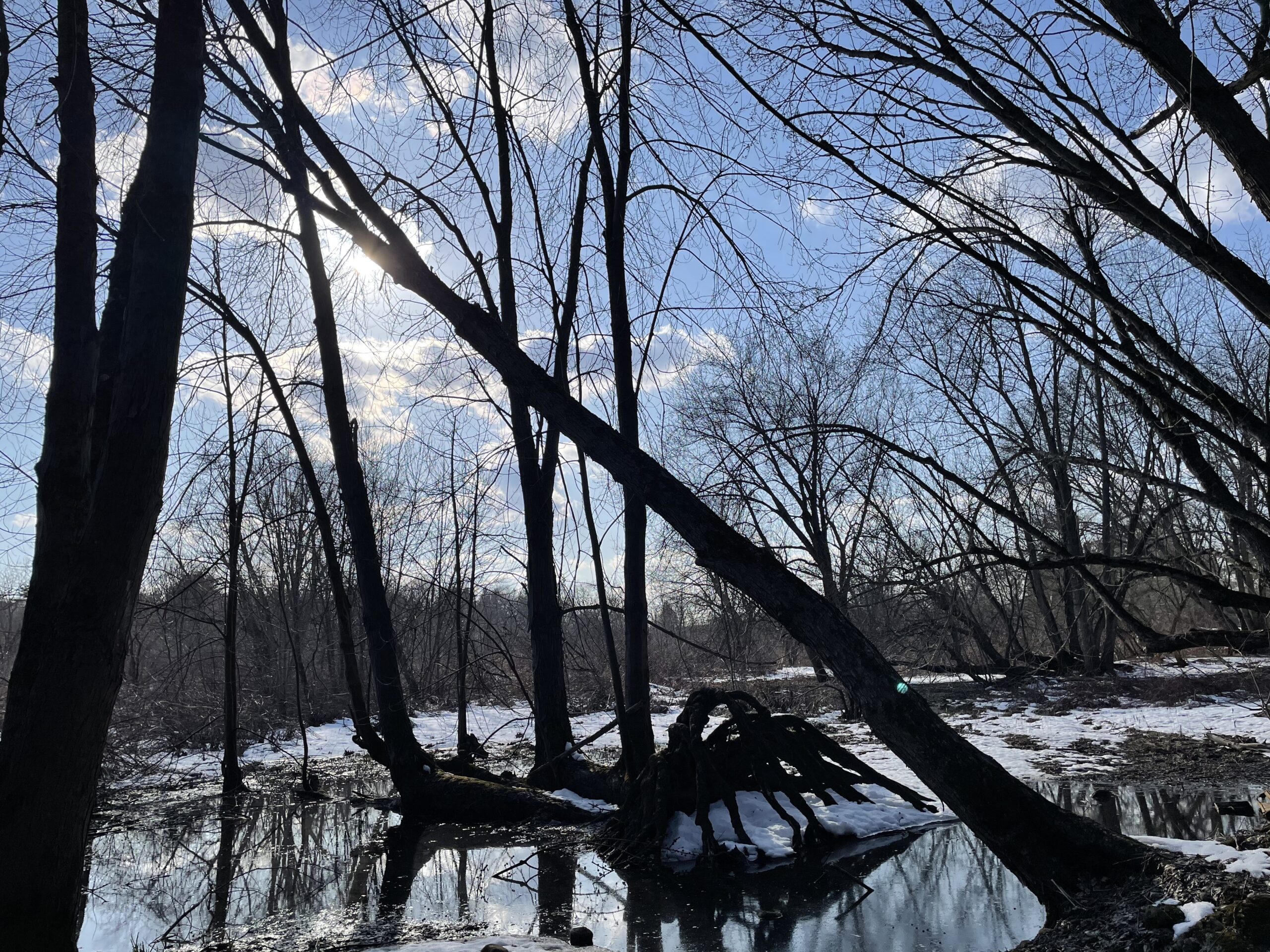A note on language in this essay: language is limited, open to interpretation, and ever-evolving. I somewhat interchangeably use the terms “nonmonogamous,” “ethically nonmonogamous,” and “polyamorous.” These are not universally defined and understood terms. What I mean when I use them here is a consensually expansive approach to relationships beyond the exclusive pairing of two people. I also use the term “queer” here for anyone identifying on the spectrum beyond heterosexuality. I use the term “genderqueer” to describe anyone whose gender identity is other than or not always cisgender. Inevitably, this language is imperfect and will change over time, including my own use of it, but these are the best words I have right now.
Ever since I can remember, I’ve wanted to understand love. How do we build relationships of trust, care, and respect? How are some people able to communicate their desires honestly, even when those desires are not considered “normal”? How do they listen openly when their partner’s desires don’t match theirs? What are the ingredients that make a relationship work?
I have often looked for answers to these questions outside of the mainstream. My fellows in the queer community tend to ask a lot of these same questions. Queerness by its very nature forces self-definition and collaboratively-generated ethics rather than conformity to societal standards.
In 2017, I started interviewing ethically nonmonogamous people. My play Polylogues, an interview-based solo show about nonmonogamy, came directly out of these interviews. While I was conducting interviews and researching the literary and media landscape for Polylogues, I realized something crucial. More people are openly identifying as queer, as genderqueer, and as polyamorous today than ever before. There is also greater representation of non-normative identities in media (albeit limited and often sensationalized representation). Yet we don’t have a widely-available ancestry, particularly not ancestral success stories. We have to dig to find the histories of our forebears; to listen for the in-between, the unsaid, the differently defined, even the unimaginable for the time. In Cruising Utopia, José Esteban Muñoz writes about “queering evidence,” that “the ways in which we prove queerness and read queerness, is by suturing it to the concept of ephemera.”
This realization led to a new commitment in my work: to build up an archive of the stories of our queer, genderqueer, and polyamorous ancestors. Since then, I’ve gone down many thrilling rabbit holes in my research. I’m now writing several pieces on real historical figures as part of this larger umbrella project. I am poring over ephemera with a queer intuition and a commitment to finding queer voices through the archival silence. My play Ursa Major, which I’m developing through The Civilians R&D Group, is a direct result of this mission.
Ursa Major tells the love story of three real women whose lives intertwine in Stalin’s Soviet Union of the 1920s-30s: Nina, a crystallographer from Tbilisi, Georgia; Olga, a mathematician from Moscow; and Sophia, a Jewish poet from near the southern Ukrainian border.
The play also tells another story entirely: it tells the story of rocks.

But I’ll get back to rocks in a moment, because they found their way into the play only later.
In January 2022, I set out to write Ursa Major when it was commissioned by The Ensemble Studio Theatre / Alfred P. Sloan Foundation Science & Technology Project. One month later, Russia invaded Ukraine. As a singer since 2017 with folk choir Ukrainian Village Voices, I immediately became involved in fundraising concerts and war protests. It started to seem impossible to write a play at this moment featuring women who spoke Russian and who during their lives were all considered Russian, at least by some definitions. My research into their lives and their time period felt more and more politicized through the lens of the daily news. Of course I saw the connection between the oppression these women and their contemporaries faced under Stalin and the oppression many face under Putin today. But still, particularly with my closeness to the Ukrainian community, it felt hard to write about Russians.
Through the help of my peers in the R&D Group, in the fall I started laying out the story, the character journeys, and some traditional folk music to be featured in the play. But I couldn’t get today’s war out of my mind, and I kept getting stuck.
Finally, in March this year, I was gifted time and a quiet space with a residency at Berkshire Theatre Group in Western Massachusetts with the support of Roundabout Theatre Company. And this is where the rocks come in.
Nina’s study of clay minerals is a focus of the play. While struggling to write the play, I had kept myself engaged (or willfully distracted) with fascinating research on crystallography, minerals, rocks, and the early Earth. Then, on my residency, I decided to take daily walks by the Housatonic River. I did something there that I hadn’t done since childhood. On the banks of the river, where the water splashed against the shore, I started talking to rocks. And I heard them talk back.
One early conversation went something like this:
ROCK: You’re staring at me like you want me to talk, but I don’t know what you want me to say. I don’t usually talk. Not in your language. My language is more subtle than yours. Movement, soft sound, sometimes loud rumbles, but over long periods of time. That’s my talking. My sentences are slow and specific. Not like yours.
(The Rock observes the Human. The Human observes the Rock.)
ROCK: What do you want from me anyway? Why do I fascinate you so much? I’m just me. No more, no less. And in the end that’s all you are too. Just you. And you’re about as interesting to me as a rock is to you.
HUMAN: I think what fascinates me is how you move through time. Slowly, but not any more in control of your outcome than I am of mine. We’re both—all—subject to the whims of everyone and everything else. None of us have it figured out. None of us have a clear path laid out that we get to follow.
ROCK: Yes, we are similar in that way—subject to the shifts of time. Still, you’ll never understand me.
HUMAN: But I want to.
ROCK: There’s nothing really to understand. I just am. Just being is the truth. That’s all. If you learn that, you learn everything.
(Human is learning that. Maybe. Or maybe not. Some time passes.)
HUMAN: I think, what I really want to know, is why we are in the same story.
ROCK: We are in the same story simply because we are. Things might not feel related on any given day. But they are. They always are. Even if you can’t see the connection, the connection is there. Rocks move, people move. It’s as simple as that.
Except that it’s not really as simple as the Rock made it out to be in this early conversation with me. Except…maybe it actually is that simple. But maybe that simplicity is just too complex for us to fully comprehend.
I am grateful that this Rock pulled me into new territory for this play. I started to realize again that there actually is a place for this story to be told right now—the story of these three queer women in their time, and the rocks around them moving through their own time.

And what exactly do rocks have to do with love and queer ancestors? Why are they in the same play?
What excites me about rocks is that they draw me into a sense of existence as it extends infinitely into the past and the future. Rocks, to me, feel like another kind of ancestor. They connect me to all the history that came before me and will come after. Every war will eventually pass. Every regime will fade away. Every nation will transform into something else. Every defined identity will be redefined in a later time. And yet, every single person is vital. Every single person has influence. Every single action has consequences that affect other things, which affect other things, which affect others. That is why ethics matter. People are not interchangeable (as some dictators might have us believe). Perhaps it’s not such a stretch to say that rocks also are not.
Plus, rocks are as queer and indefinable as anything on this Earth. So why not try to tell their story? Why not learn something from them about our relationships with others, about love? Why not let their story be a bright buoy of strangeness for us in a sea of the familiar—just as the story of Olga, Nina, and Sophia can be?
To learn more about The Civilians and to access exclusive discounts to shows, visit our website TheCivilians.org.
Author
-

XANDRA NUR CLARK is a playwright, performer, journalist, and community-builder. Their works include POLYLOGUES (2021 Colt Coeur Production, 2020 Kilroys List); EVERYTHING YOU’RE TOLD (2023 O’Neill NPC Semi-Finalist, 2021 Chesley/Bumbalo Playwriting Award, 2019 La MaMa Reading); SEPARATED (2021 O’Neill NPC Semi-Finalist); ANTHOLOGY: CROWN HEIGHTS (2016 Weeksville Heritage Center Production); and RETURNING HOME (2013 General Oliver P. Smith Award for Local Reporting, broadcast on multiple NPR stations). They’ve received grants from NYSCA/Brooklyn Arts Council, Brooklyn Community Foundation, Foundation for Contemporary Arts, and Stanford Arts; and residencies from Roundabout Theatre Company/Berkshire Theatre Group, MASS MoCA, the Helene Wurlitzer Foundation, and Blue Mountain Center. Xandra is a 2018-19 Queer|Art Fellow, a Member Artist of Ensemble Studio Theatre, a singer with Ukrainian Village Voices, and a certified Crisis Counselor for the Anti-Violence Project’s LGBTQ hotline. BA Theater, MA Journalism: Stanford University. www.xandraclark.com
View all posts









